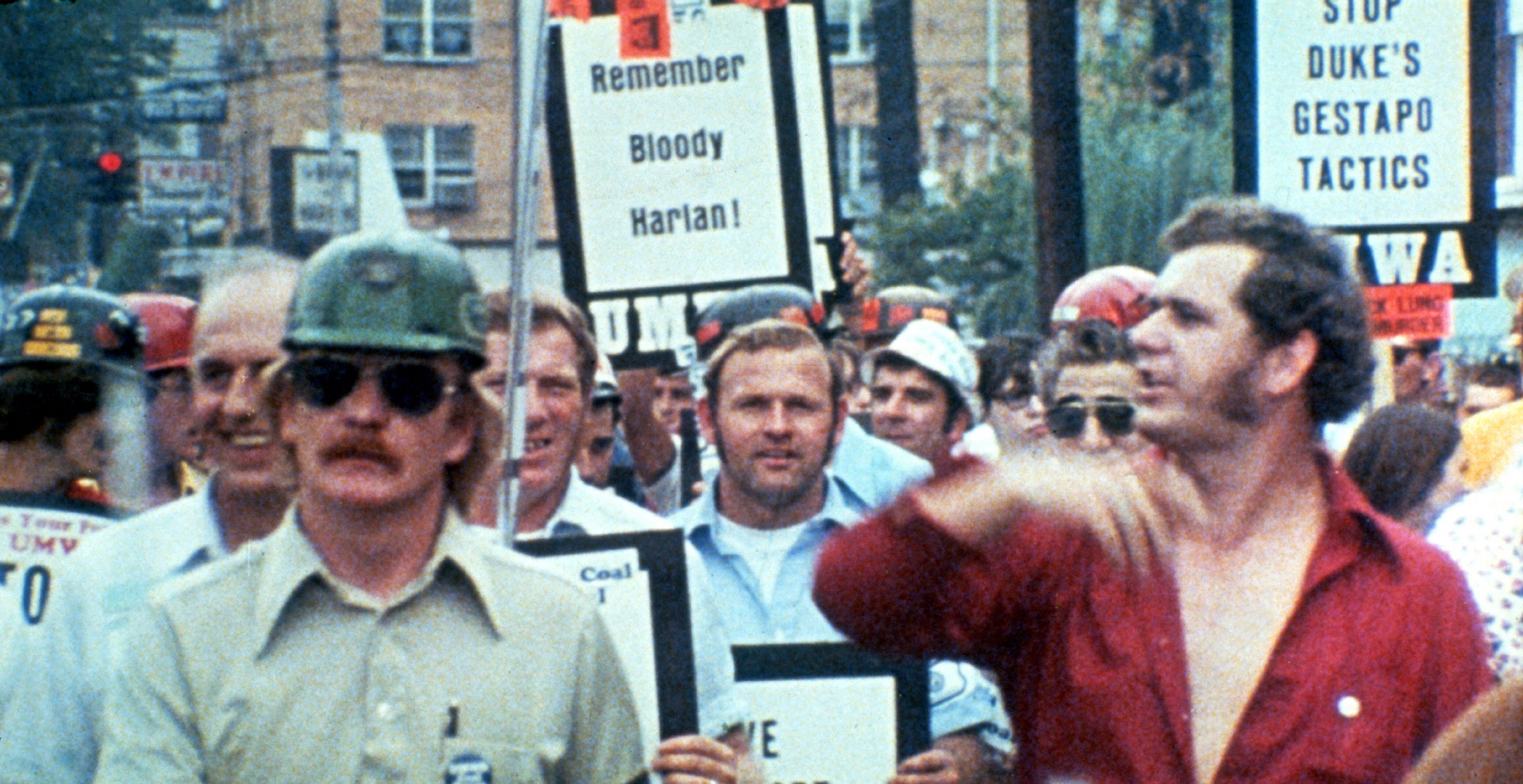When Barbara Kopple and her small crew first rolled into Harlan County, Ky., to document a bitter miners’ strike that would last 13 months, the locals viewed her suspiciously, at first refusing to talk to her. But Kopple, in her mid-20s at the time, eventually earned their trust, and her unassuming demeanor offered other benefits too. Officials at Duke Power, the entity which had refused to let its workers join the United Mine Workers, had no reason to take her seriously. “I was free to talk to anyone,” she has said. “They just thought I was a funny little girl who carried a tape recorder and a camera.” Kopple’s casual doggedness is key to the film’s power—Harlan County U.S.A. has a lived-in immediacy that still feels fresh today. This is a great film not just about a bloody labor battle, but also about the ways work can shape the lives of individuals and families across generations. Its truths are written on the faces of the miners and their families, particularly the women who joined the fight on behalf of their husbands, refusing to bow to a powerful corporation that would break them without a second thought.
- The 100 Most Influential People of 2024
- Coco Gauff Is Playing for Herself Now
- Scenes From Pro-Palestinian Encampments Across U.S. Universities
- 6 Compliments That Land Every Time
- If You're Dating Right Now, You're Brave: Column
- The AI That Could Heal a Divided Internet
- Fallout Is a Brilliant Model for the Future of Video Game Adaptations
- Want Weekly Recs on What to Watch, Read, and More? Sign Up for Worth Your Time
